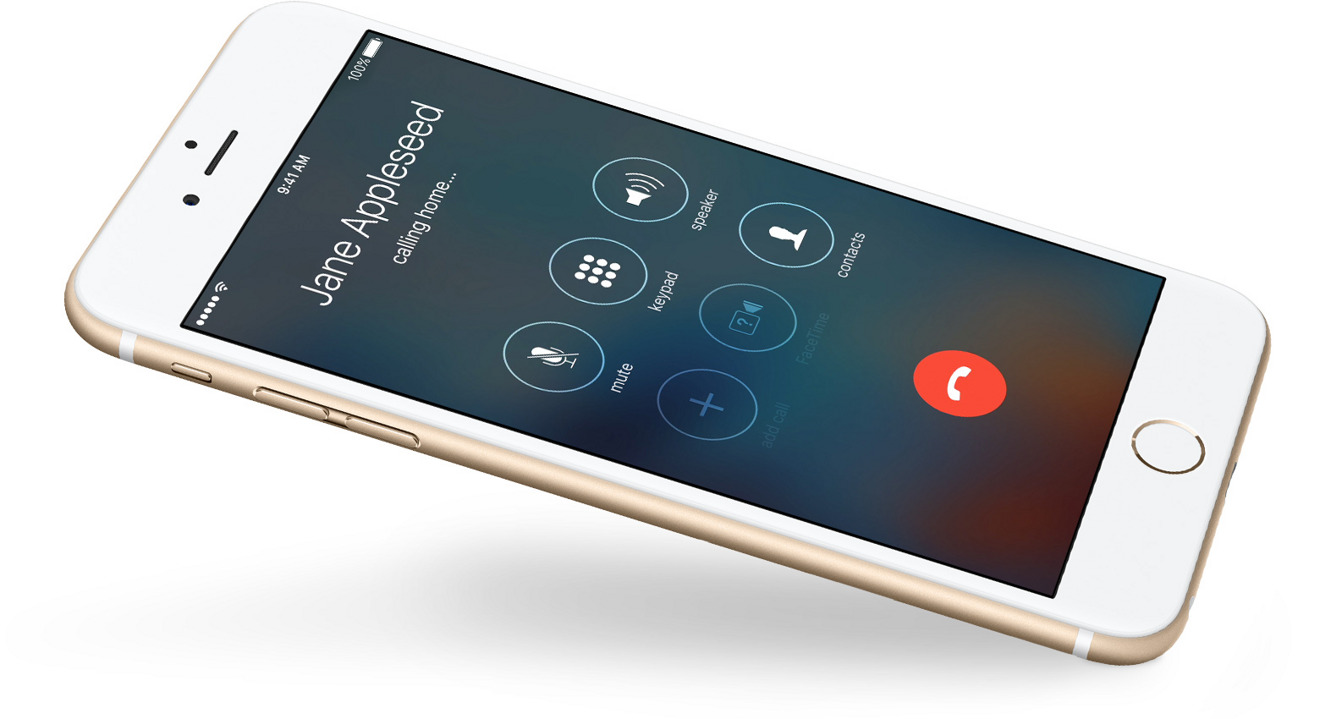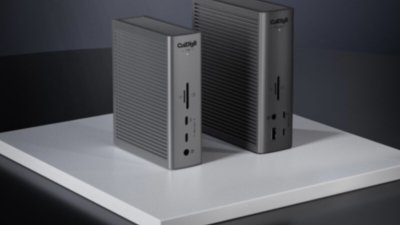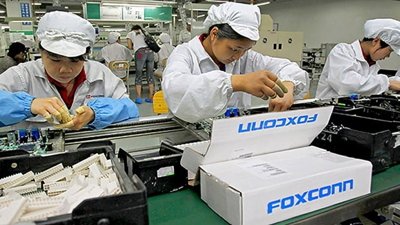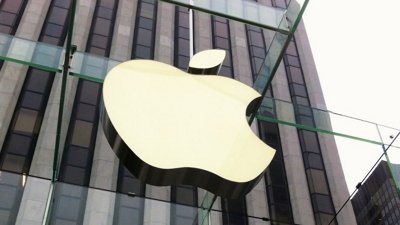Together, Apple and Broadcom have reportedly filed counterclaims against the California Institute of Technology, attacking the latter's Wi-Fi patent lawsuit on several grounds. Separately, Apple and Dot 23 have settled a lawsuit over Siri.
In the Caltech case — revolving around IRA codes in 802.11n and 802.11ac Wi-Fi — Apple asserts that Caltech didn't file its lawsuit until May 26 this year, over six years after the 802.11n standard was published and hence too late to collect damages, according to MacRumors. Caltech also allegedly failed to disclose prior art for its patents, with Apple arguing that RA codes were well-established prior to IRA.
Caltech doesn't make, use, or sell any products that involve claims in the patents, Apple further charges.
Apple and Broadcom are not only denying infringement of the four U.S. patents in the Caltech suit, but asking the court to invalidate them. Caltech has claimed that various iPhone, iPad, and Mac models make use of its technology, as well as other Apple products — Broadcom is a major Wi-Fi module supplier.
Dot 23, meanwhile, has filed to dismiss its case against Apple, saying it's settled out of court. The terms of the agreement — including amounts owed — have not been made public.
The patent-holding firm first launched its suit against Apple in January, contending that Siri's voice dialing and geoleocation features were infringing three patents. It also named the iPhone 4, 5, and 6 as violating devices, and called for unspecified damage compensation along with interest and fees.
 Roger Fingas
Roger Fingas







 Andrew Orr
Andrew Orr
 Andrew O'Hara
Andrew O'Hara
 William Gallagher
William Gallagher


 Mike Wuerthele
Mike Wuerthele

 Charles Martin
Charles Martin









9 Comments
Caltech endowments running dry?
The pattern in these cases holds a certain implication. That Apple plays fairly, settling when their own read of a patent indicates they are actually infringing all, or part, of the patent, and fighting when they feel they are either not infringing or when they feel the licensing demands are outsized. With a company as large as Apple, innovating in many aspects on their products, there's bound to be some patents they don't review as they're doing R&D and engineering. That's normal and so you'd expect a big company like Apple to be found to infringe a patent here and there. It's how they handle those situations that tells you a lot about the company and its management. I'd say Apple tries to conduct itself in a respectful manner toward patent holders who have solid inventions that are actually new and novel.